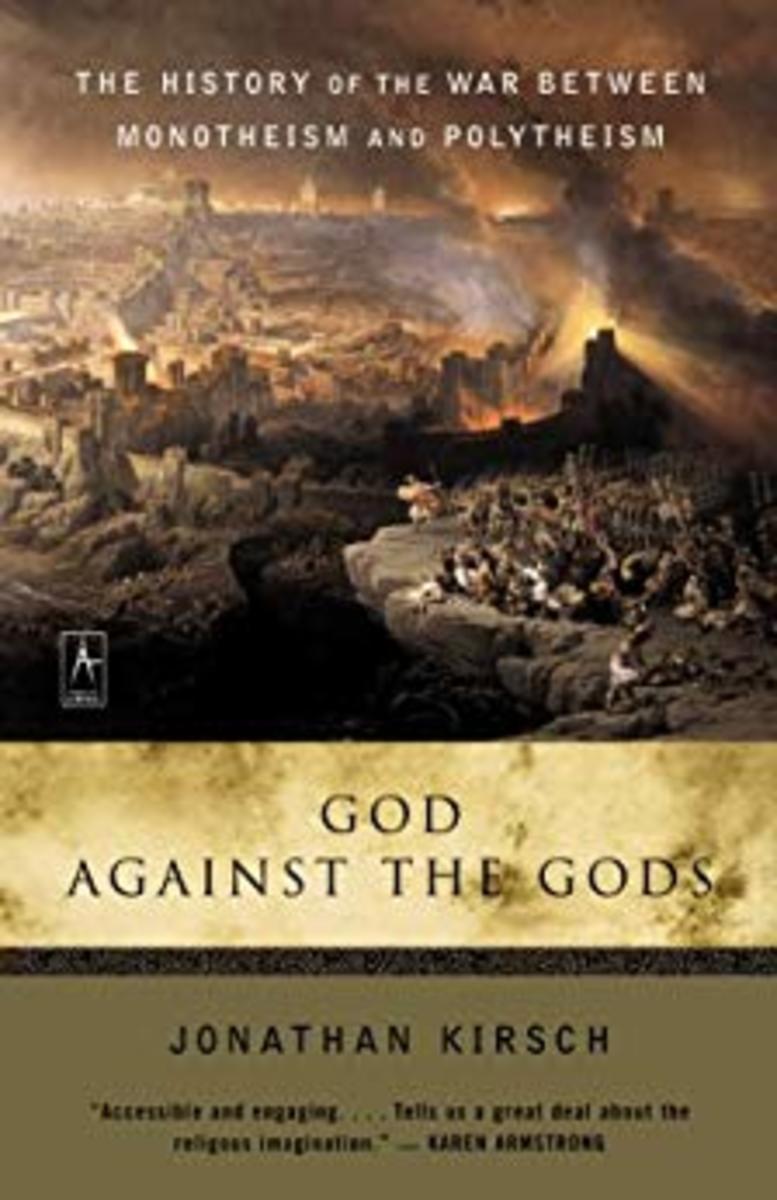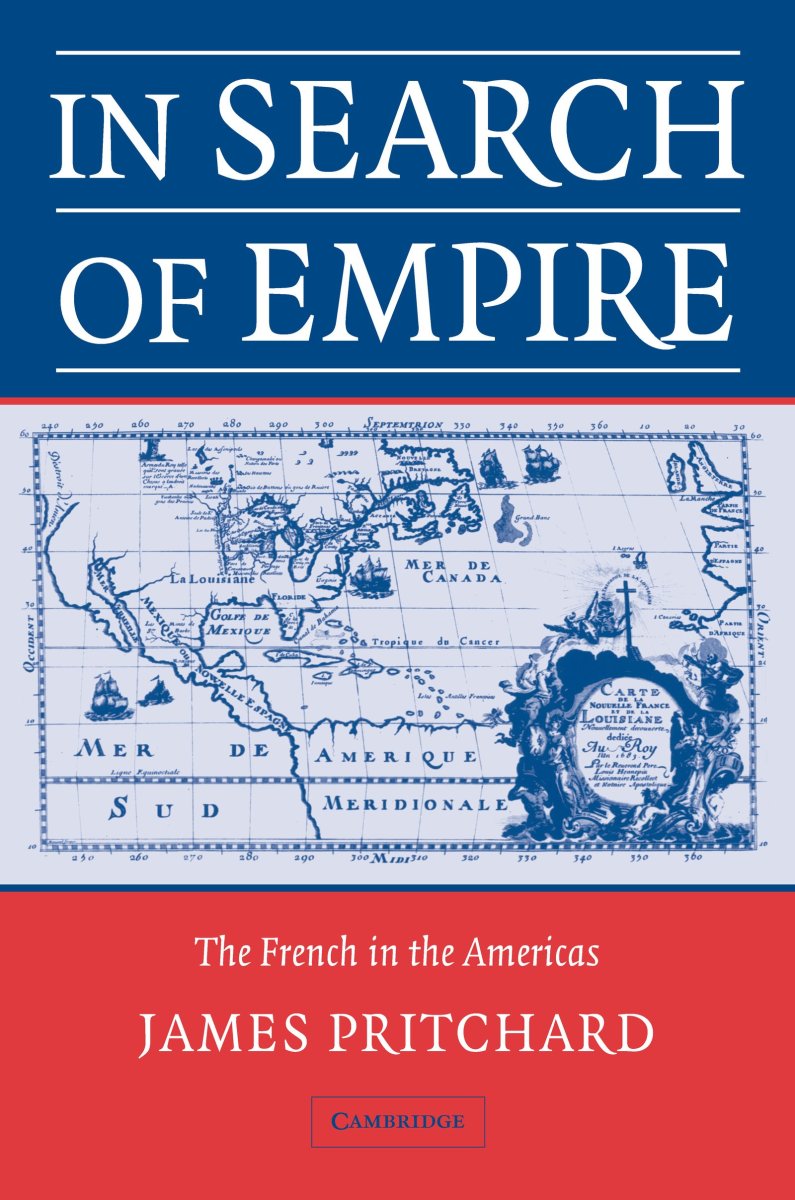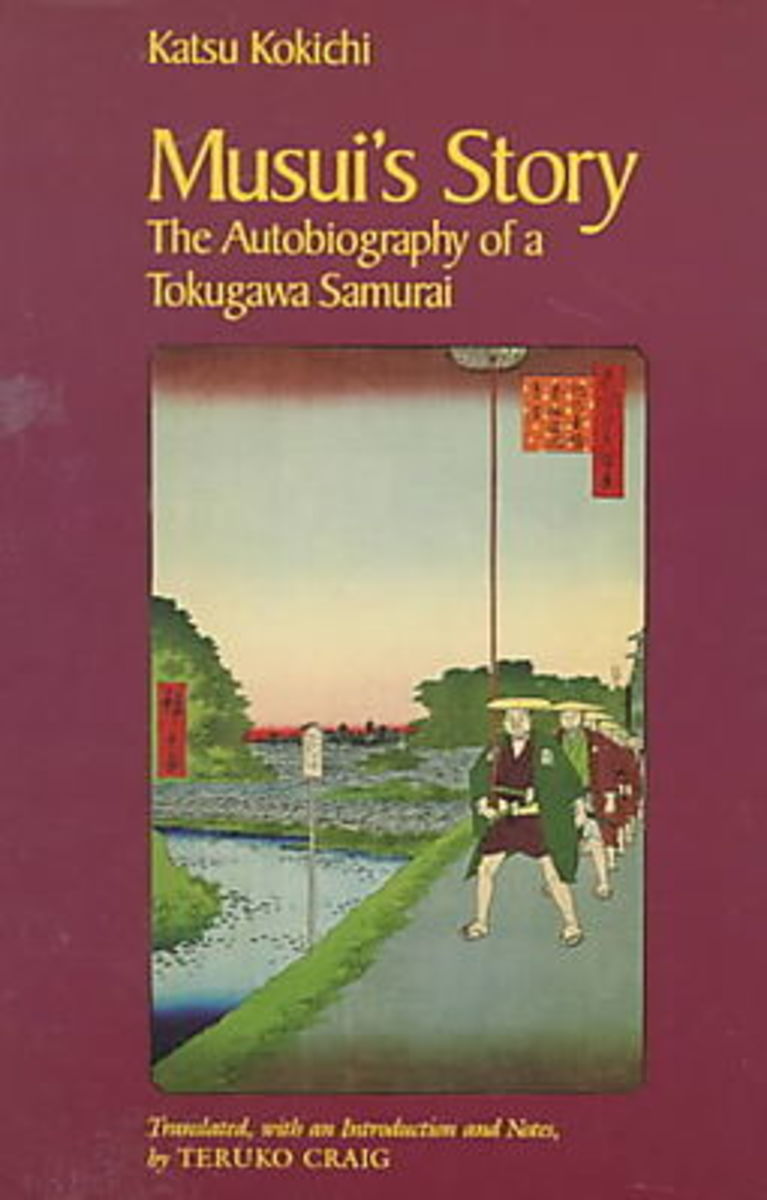A History of the Czech Lands Review
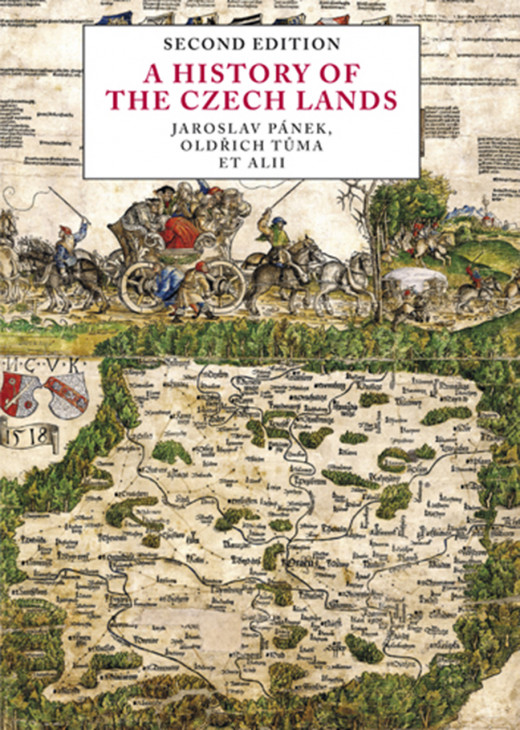
Any book about the Czech Republic is one that you might be interested in czeching out - well, the pun was obligatory! Czechia is not that well known in the United States, a rather tiny and small nation in Central Europe, and so other than the name being an excellent source of verbal jokes, it doesn't have much interaction with the rest of people. A History of the Czech Lands sets itself the objective of rectifying this, by providing a general history of Czechia and its evolution over time, in a single volume general work for English speakers. It is a good objective, but unfortunately the book is let down by its lack of much detail about non-political affairs in Czechia up until the 18th century, a vast number of grammar and writing errors, a shallow analysis of Czech history, its dryness, and lack of ambition. It still might make an acceptable reference book for Czechia, but it could have been so much more and is an uninspiring and mostly uninteresting work.
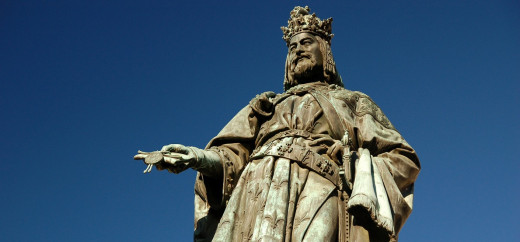
The organization of A History of the Czech Lands makes it rather superfluous to attempt to write much about the content in the book, since it follows a very simple chronological theme which treats Czech history by era from prehistoric times to the present. The only exception is that there is an initial chapter about the Czech landscape, discussing some of the territorial changes over time, but also focusing on the landscape itself with changes such as deforestation, afforestation, the development of fish ponds and agricultural land, the development of a Baroque landscape the growth of cities, mines, etc. - how the natural and lived environment of Czechia changed over time.
A History of the Czech Lands is an impressively long book, at over 700 pages - but then it does cover the entire history of Czechia, so it has the monumental task to face up to. There are thousands of years of history, and even if the vast majority of the book's content may fall within the last 1,500 or so years, there is still an incredible length of time to cover. Perhaps this is why for all of its length it doesn't feel as impressively, massively, detailed and complete as other books. Certainly, there is still a very impressive amount of historical research which went into the book and crafting it, but for much of it it feels like it is missing key parts and that it lacks much holistic examination of Czechia's history. It does a consistently good job with political developments in Czechia, but up until the 18th century, the rest of Czechia's existence seems cast in shadows.
If there is one thing which the book needs, it is much better editing. To start with, the book has a tendency to duplicate things: its first chapter is about the landscape of the Czech territories, which starts out by talking about the political-geographic change of the territory, but then the second chapter about prehistory and beginning of Slavic settlement covers many of the same points. I like it when a book refers back to previous points, but these are sections which didn't need to repeat in the same way.
This extends to the text too, which is riddled with errors, sometimes comically basic ones. There is a tendency to omit the subject sometimes when it is referred to in a previous sentence, perhaps acceptable in Czech, but not correct in English - understandable, but incorrect. Some sentences lack verbs. Some are simply wrong: on page 62 for example, it has this sentence "Although they production techniques were primitive, it was easy work carried out on large tracts, so that soon they had at least twice what they had before, and it is not to be wondered that they quickly began to multiply." Of course, "they" instead of "their" is obvious, but it is also a rather long and tired sentence, and "it is not to be wondered" is simply clunky in English - perhaps "it is no surprise" would be better. It is the same throughout the book - translation could have been much better done, and the number of grammatical errors are simply shocking.
The book lacks a lot in flair or panache - perhaps done for reasons of neutrality, perhaps because the authors aren't native English speakers and so preferred to keep to a rather dry and formal style of writing, or perhaps because they simply weren't aiming for it. Now, of course as a history book it doesn't need per se to be a very exciting work - but it is really very dry and could be a lot more charismatic without sacrificing neutrality. The lack of any conclusion or attempt to find a greater significance in Czech history at the end is representative of this - there could have been something to sum up the centuries, millennia, of history. Instead, there is not hing - the book ends with the teleological conclusion of Czechia joining the EU, represented as the logical end to its thousands of years of history. It seems like a sad and anticlimactic end to the long history. Even just talking about the future would have been interesting.
Perhaps A History of the Czech Lands feels so alienating it is because the book feels so divorced from people and individual experience. Particularly in the first half of the book, before the 1800s or so, there is really very little about average people, how they lived, even individuals other than the most important political figures. How people lived, how they thought, their existence - this receives almost no coverage whatsoever. The entire Middle Ages in this book feels rushed over and top-heavy.

It also has some questions which it never responds to. For example, a crucial political development in post-Communist Czechia has been that unlike other states, the Communist party has not collapsed in its support, and continues to hold a hard core of around 10-20% of voters. The picture of communist Czechoslovakia, with its subjection and invasion by the Soviets, economic mismanagement, cultural conformity and oppression, litany of crimes, is a dreadful one in the book - so why does the Czech Communist Party still enjoy quite substantial support? This is never really answered.The book reports easily enough on what happened, but much less commonly on the why. Furthermore some key points about the collapse of communism, such as the possible Soviet false flag involvement in attacks on student demonstrators to try to force a reform communist regine in Czechoslovakia, something which would have been interesting to have been covered or dismissed.
There is a lot to learn about the Czech lands in this book, with its vast expanse of time covered, its faithful representation of political, economic, and to some extent social changes, but it is plagued by its grammar and proofreading problems, by its feeling of alienation from social life among the common people, and its lack of deeper insight into Czech history. and Czech self-conception. It is a perfectly good book to get a basic understanding of Czech history, and with an excellent understanding of structural developments in Czechia since the 1800s, but it lacks the trait of a really great history book: it is the perfect work of mediocrity that constitutes a general history which results from a group of authors seeking to produce a non-controversial and synthesized history, without a vision or deeper meaning.
© 2020 Ryan C Thomas


